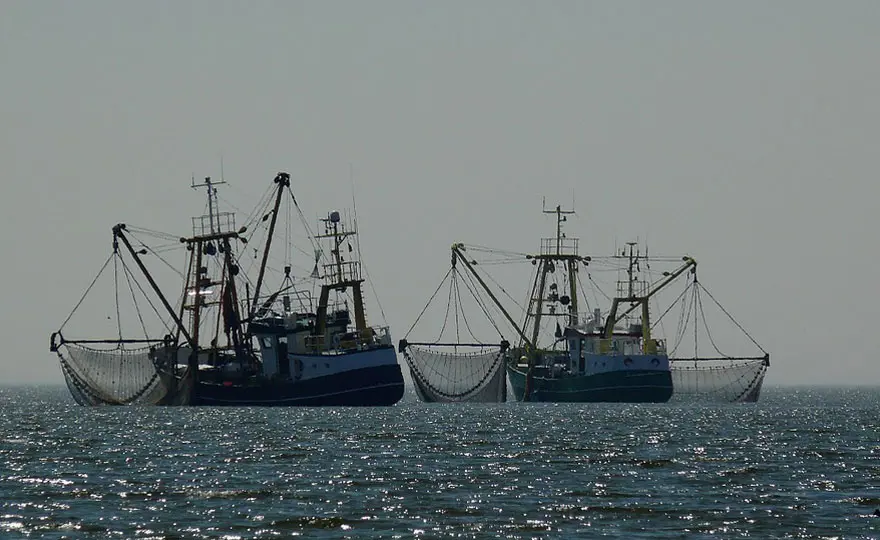ClientEarth Communications
18th December 2019


Our lawyers have warned that the decision by EU fisheries ministers to set unsustainable fishing limits for 2020 breaches EU law and could result in legal action.
In a landmark Council meeting today, European ministers have missed the EU’s legal deadline to end overfishing by ignoring scientific advice and setting unsustainable Total Allowable Catches (TACs) for several stocks in the Northeast Atlantic.
Alarmingly, this includes several vulnerable stocks, like Irish Sea whiting and cod in the west of Scotland and in the Celtic Sea.
Scientists have been advising, in some cases for almost two decades, that there should be no quotas for these species but ministers have continued to ignore this advice. The 2020 fishing quotas agreed at today's council meeting risks the recovery of these fish stocks.
Our fisheries lawyer Nick Goetschalckx said:
“It was the collective responsibility of EU fisheries ministers to make sure that this year’s fishing quotas were fully in line with the legal deadline to end overfishing by 2020, but they failed to deliver. This is not just a political failure. The deadline is a legal obligation and Courts exist to enforce it. In this regard, we think the European Parliament is in a privileged position to ensure that the Common Fisheries Policy’s requirement to end overfishing is upheld.”
“In the current state of environmental emergency, we cannot continue to let political horse-trading turn laws and deadlines into a farce by finding ways around them as soon as they bite.”
Despite the looming 2020 deadline, European fisheries ministers have continued year after year to set unsustainable fishing limits in closed-door meetings, ignoring science and the law.
Our recent report shows that, over the last five years, countries like Ireland, France and Spain have repeatedly pushed for unsustainable fishing limits, while others, including Germany and the Netherlands, have failed to stop them.
Due to the lack of transparency around the process, as recently confirmed by the European Ombudsman, it has been notoriously difficult to hold anyone to account for these decisions.
Nick added: “Six years ago, the European Parliament, the Commission and the Council followed the call of European citizens to put sustainability at the heart of the reformed Common Fisheries Policy, by vowing to end overfishing by 2020. At today’s December Council meeting, EU fisheries ministers broke not just their promises, but the law. This failure should not be without legal consequences.”